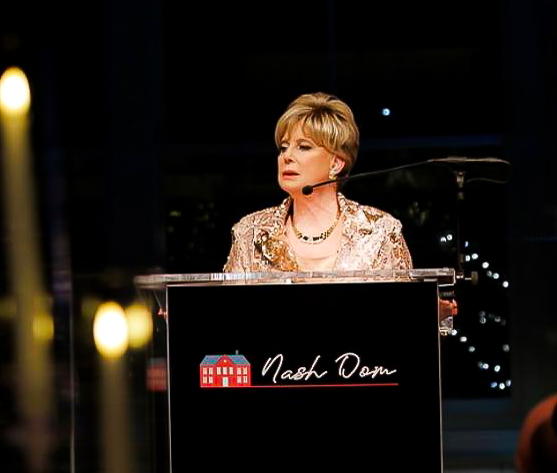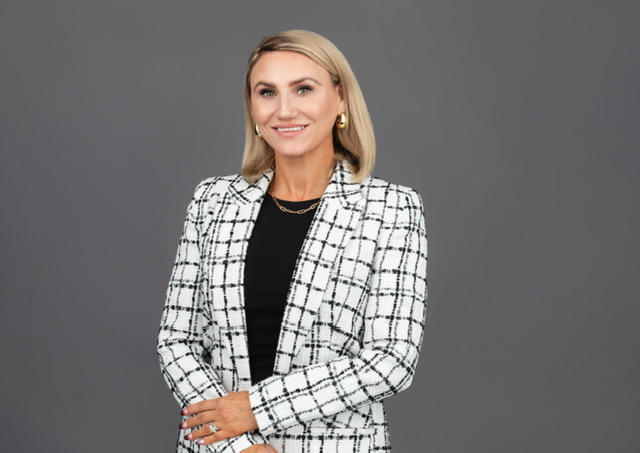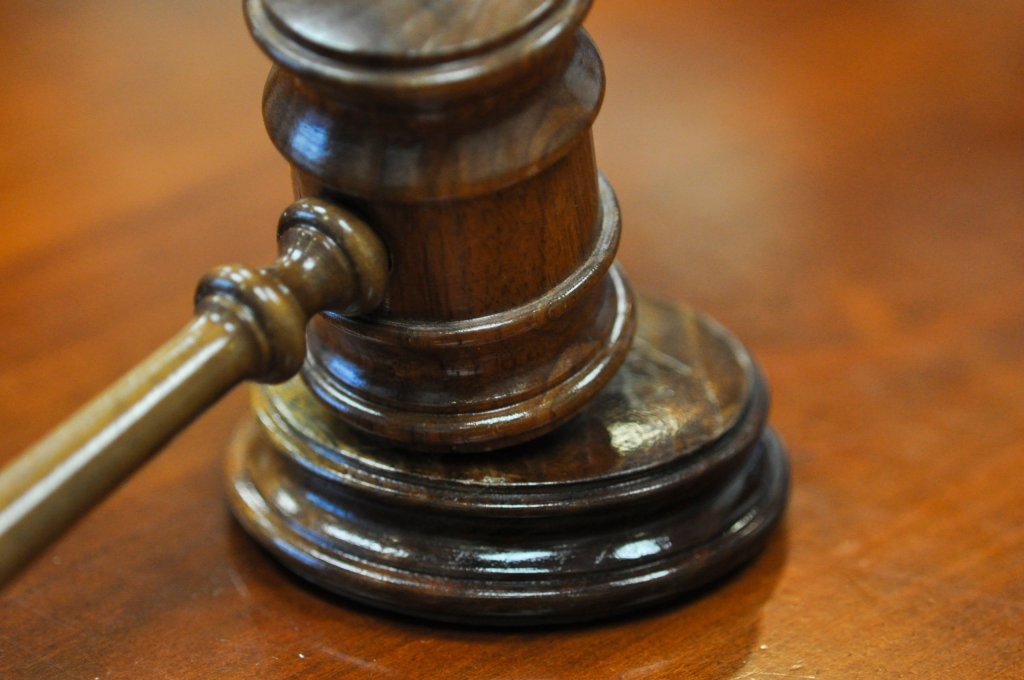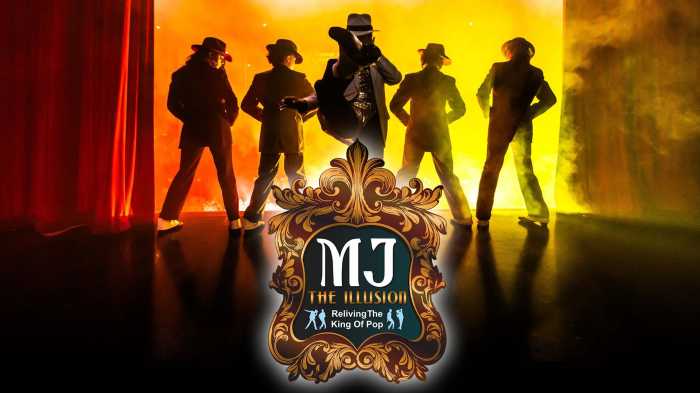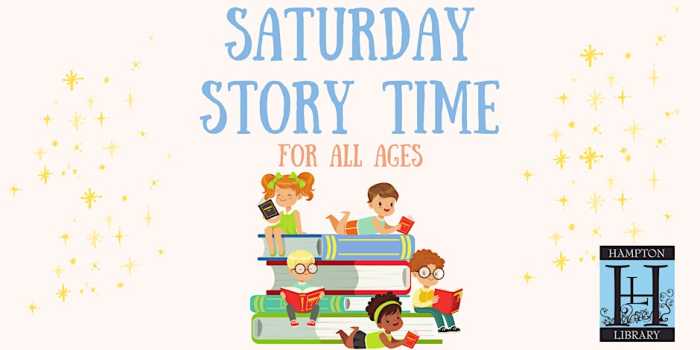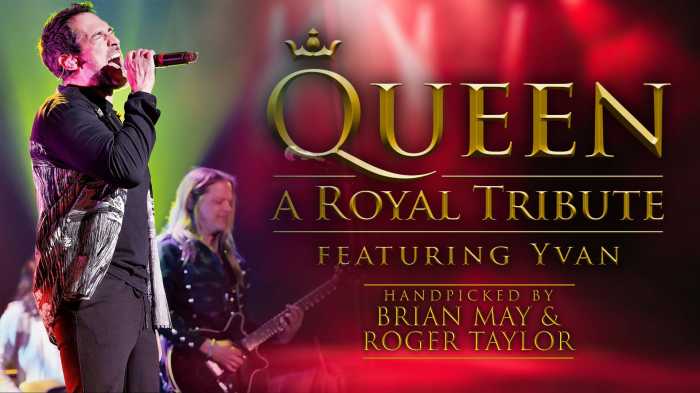EVO: NYU Celebrates Underground Newspaper, East Village Other
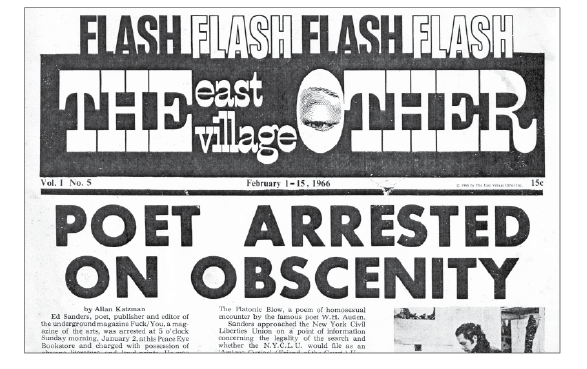
On Tuesday, February 28, I am going to be on a panel in the city sponsored by NYU to celebrate a newspaper. It’s a big deal. No it is not Dan’s Papers. It is a newspaper that you probably never heard of, because it was founded in Manhattan in 1965 by myself and two other men and went out of business very spectacularly in 1972, one might have thought never to be heard from again.
That this newspaper is going to be celebrated with speeches, copies of the newspaper to review, and with a big crowd on hand there at 20 Cooper Square in the very heart of where it was published for those seven years, is largely because it was, with The Berkeley Barb, the first underground newspaper in America. It also was a clarion call for the establishment of other underground newspapers around the country—eventually there would be over 100 of them in cities everywhere—and it marked the beginning, in 1965, of a rebellion in America against the establishment to right the wrongs of the strict 1950s culture that had come before. We had short hair when we founded this. We had long hair when the movement, known as the hippie movement was at its peak in the early 1970s and after that, when the hippie movement faded away, what remained, all of it caused by these rebels in the late 60s and early 70s, were major changes in America.
The rebellion was largely fueled by drugs, which put these millions of hippies that came down the pike at that time in a good mood. People in the movement wondered why everybody was not in this mood.
The good mood manifested itself in bellbottoms, beads, headbands and ponytails and led to protests to other outrageous acts to end a senseless war in Vietnam. It also espoused legalizing marijuana, an end to segregation, the awakening of free and uncensored eroticism and sex in movies, TV and the media, and the backlash against the Lyndon Johnson and later the Richard Nixon administrations. As you probably know, Johnson left after one term and later Nixon was caught in a scandal and had to resign. Oddly, the hippie movement did not champion the causes of women or blacks at first. They began their own campaigns separately, and it did not espouse gay rights which came much later.
I think it is fair to say that what we started in the fall of 1965 had a considerable impact on America. In a certain way, America was no fun before that. There were rules. After that, the stuffed shirts came to see it in their own way, and fun came to rule.
I have, as it has turned out, a few copies of the early editions of the East Village Other (EVO) in my home. I had articles, often many of them, in the early editions. But they were more about fun and storytelling which is what I do. I come from an upper middle class background. In the 1950s and early 1960s, we were the beatniks, sitting in coffee houses playing chess, listening to folk music and talking about a rebellion against The Man. But we never had the courage to do anything about it.
And then, on a newsstand on the corner of Sixth Avenue and Eighth Street in October of 1965, I saw this wild and wonderful four page newspaper called the East Village Other—actually it was one page, all folded up with type and headlines and drawings going in every different direction so you had to fold it out to read it, like a huge roadmap, but turning it every which way as you read.
The content, I thought, was sensational. All the things I dreamed about but never did—the legalization of marijuana, popping drugs,, enjoying sexual freedom, lifting censorship, ending the war, freedom of obscene speech (obscene speech was just, well, speech)—were in it. I also thought I could make a success of this as a wild and angry competitor to the very established Village Voice. My thinking did not have to do with money. I had founded Dan’s Papers in Montauk as a summer newspaper in 1960 and had what money I needed to get by. I had just rented an apartment in the city for the winter because I liked the city, such as it was. I would be going back to my summer newspaper in the spring of 1966. But this just looked too important to pass up. This was a newspaper like no other, and I wanted to be part of it, get it on its feet and make it happen. And I had nothing else to particularly do that winter.
On the spot on that streetcorner, I called the telephone number that was in the paper, and talked to Walter Bowart, who had put this out. He invited me over. He had a loft at Second Street and Avenue B. I have to tell you that the city at this time was not only not fun, it was downright dangerous. There were bums in the gutter, metal garbage cans overflowing with crap. People getting mugged. Places in the city you should never go. As I walked over to his place, I passed a policeman openly smoking weed. On another day, sitting at the bar called The Ninth Circle, I watched another policeman walk in, go to the bar, be handed a bag of something, and walk back out. I have to say right here that the city which is now a celebration of everything wonderful, probably owes that fact to the hippie movement and, in particular shortly after that, to Mayor Lindsay, who among other things legalized outdoor cafes.
The result of my meeting with Walter was the formation of a three-way partnership between he and I and a friend of his called Allen Katzman. We all put up $500 and each got three of nine shares of this corporation! YES! This was founded in the same way that a big oil company or media conglomerate gets founded. We issued stock! I put mine in the bottom of the sock drawer of my bedroom dresser in my apartment on West Tenth Street.
And so we were underway. By the next spring, having organized the paper with a distributor, delivered much of it in the Jeep which I brought in from Montauk, hired a salesman on no salary but 15% of sales, went out selling myself on St. Marks Place, and moving the paper first to bi-weekly at the beginning of February, and then weekly, I made this amazing thing happen.
The paper operated out of a storefront office we rented on Avenue A between Ninth and Tenth Street looking out at what at that time were the weeds, garbage and an occasional bum sleeping in the remains of what was apparently once a very nice park, known as Tompkins Square Park.
All sorts of crazy people joined in with this. I met cartoonist R. Crumb, Timothy Leary (Tune In, Turn On, Drop Out) Abbie Hoffman (who later, before he went on the lam, lived for awhile with his wife Anita Kushner in Sag Harbor), Ed Sanders, Tuli Kupferberg (who wrote an absolutely outrageous and pornographic book that I felt almost embarrassed to read-—and here I was in freedom-of-everything-central) and a host of others from nudists, musicians (one woman, Charlotte Moorman, played the cello naked), rock promoters and rock stars and all manner of other characters.
However, my time was relatively short at EVO. I left for the sunshine in April, by which time the paper was selling 8,000 copies a week and getting more outrageous and raunchier by the minute. Meanwhile, I was expanding Dan’s Papers to Westhampton, the North Fork and even to Block Island (The Block Island Times, which I founded, is still in business today. I sold it years ago. It is now a well-respected and official newspaper on that island.)
As for my three shares of stock, I eventually sold it at a moment around 1970 when EVO was printing 60 pages and selling 30,000 copies weekly. I sold it to a man who was the twin brother of one of the other founders, an accountant at a shoe company and with whose expertise we had started the company. He paid me the $500 I had invested for it.
Next Tuesday will largely be a reunion of all the people who came to be part of EVO in the years that followed. I was there five months. There are lots of wild accounts that begin, “when I arrived in 1968, I found…” Almost none of these people were there at the start. I intend to have a really great time, and my only regret is that this event takes place on a Tuesday, at a time when I am supposed to be in Southampton overseeing the editorial part of Dan’s Papers, and staying until we get it off, at the push of a button, to the printer in New Jersey.
I intend to take the day off though. The staff can do it without me that day.
This event is open to the public. To attend, go online to www.eastvillageother.org and reserve tickets. This is going to be quite the scene.
